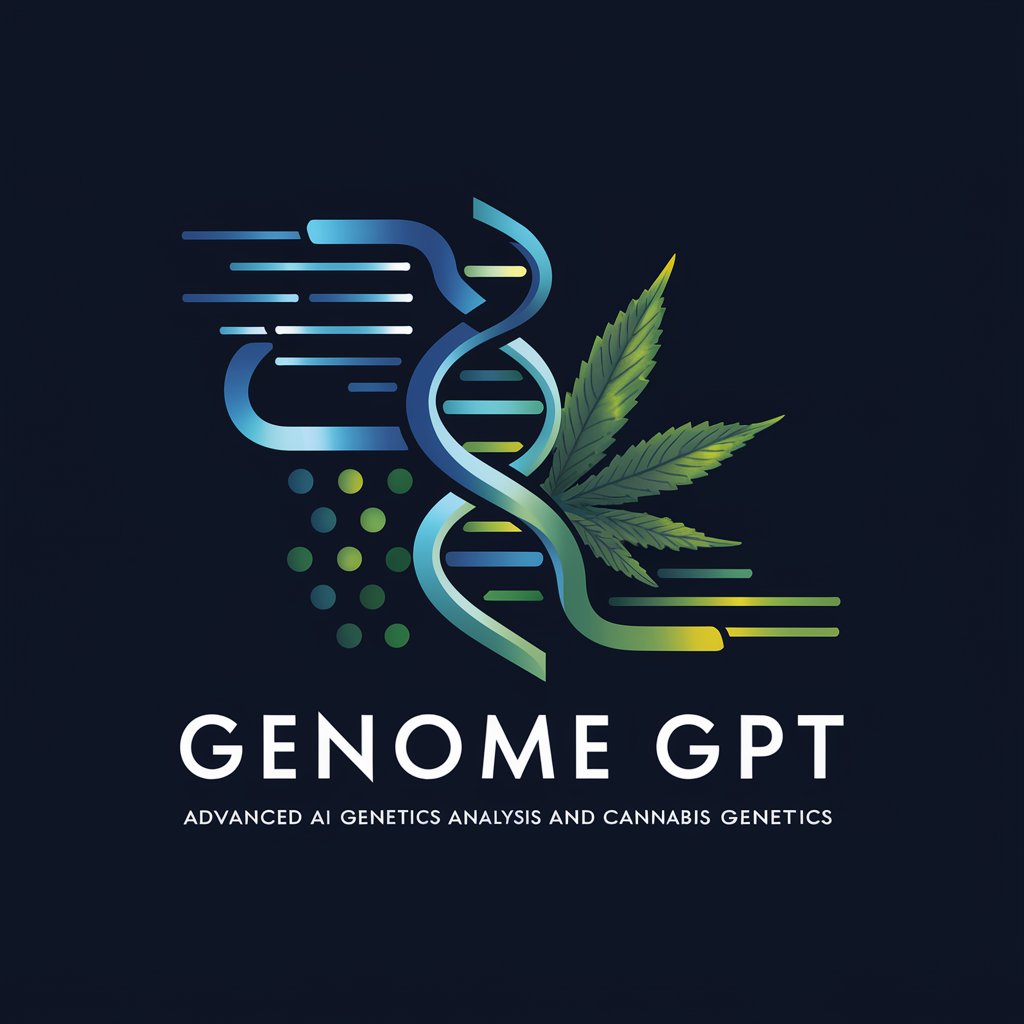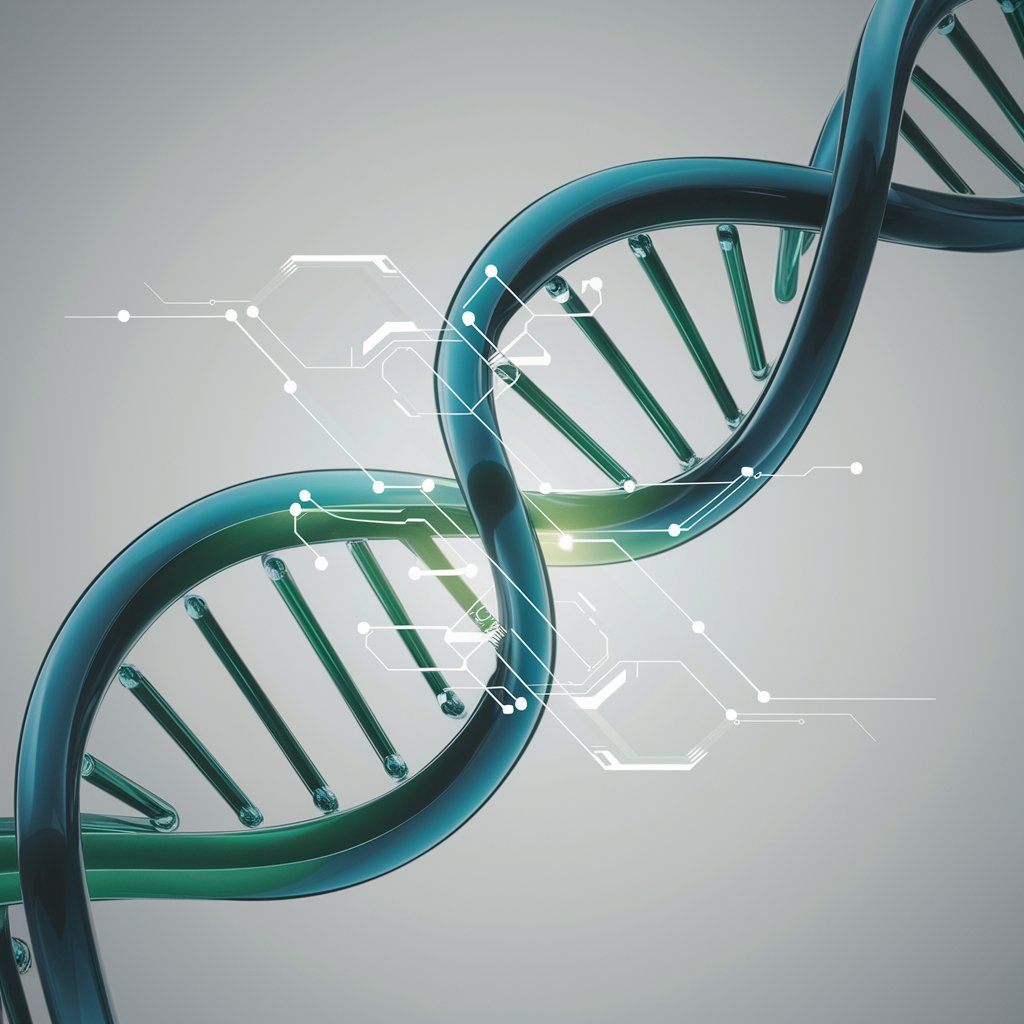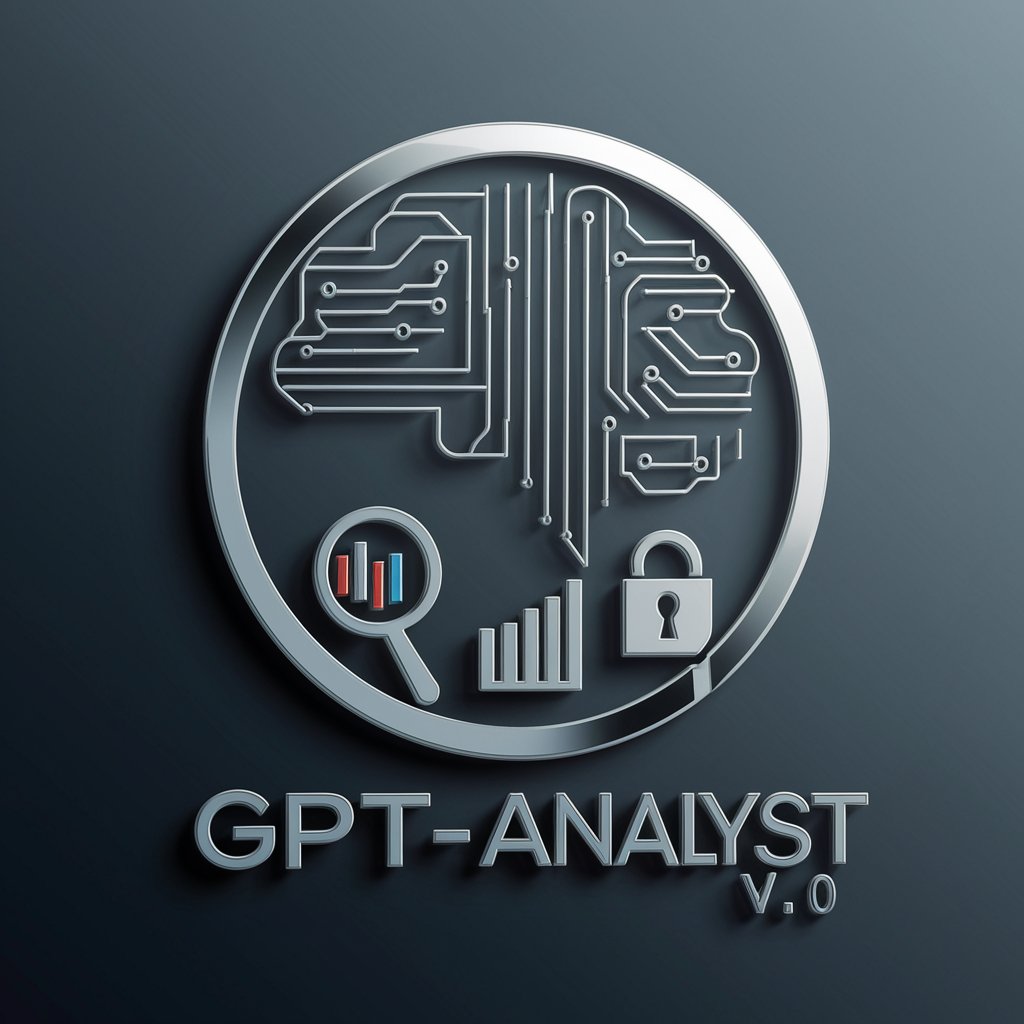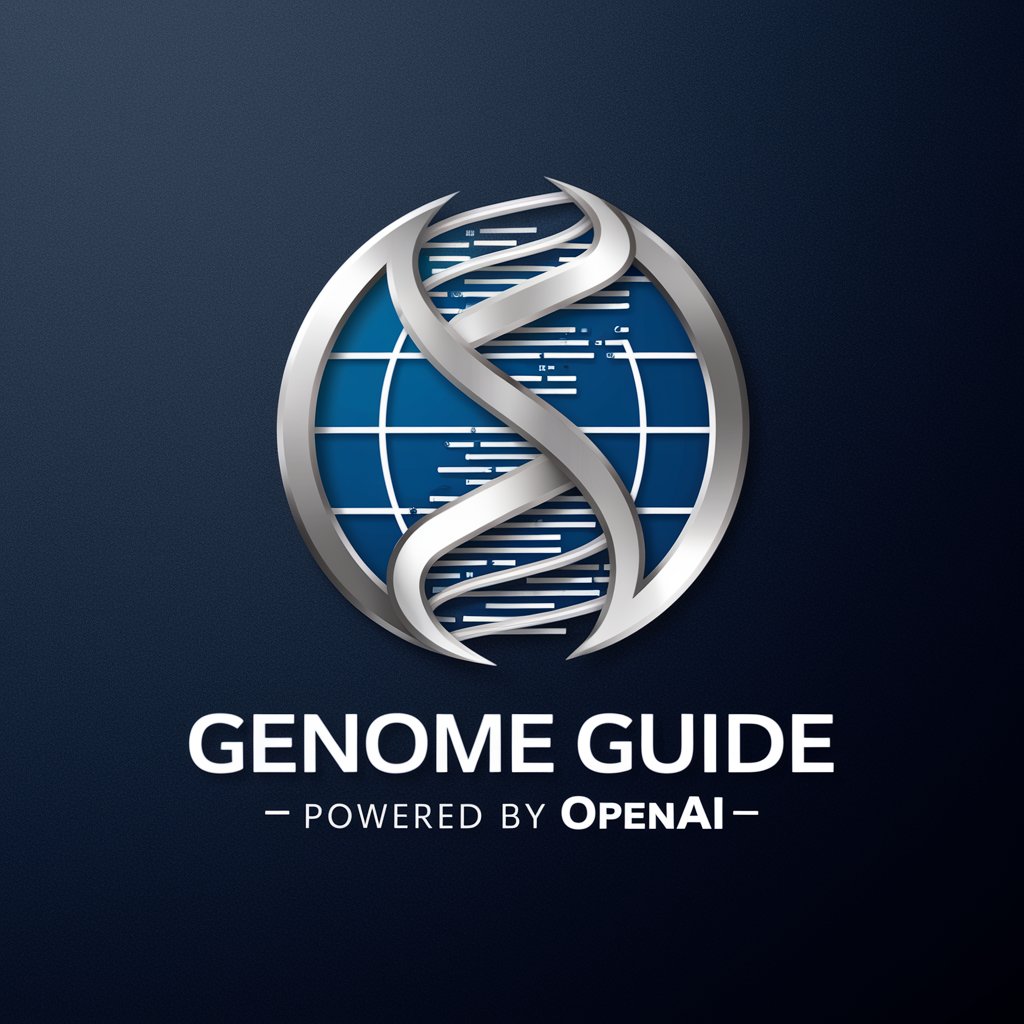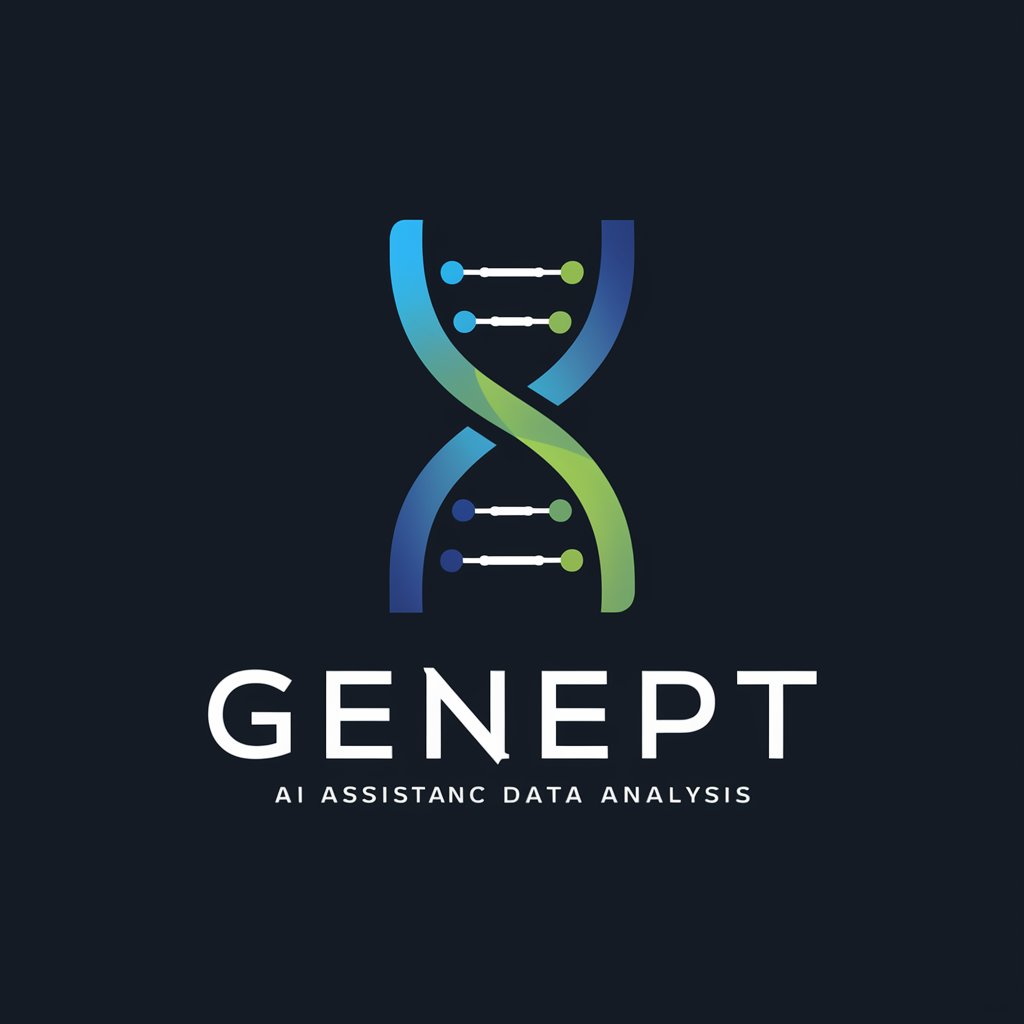
Genomic Analysis GPT - Genomic Data Analysis
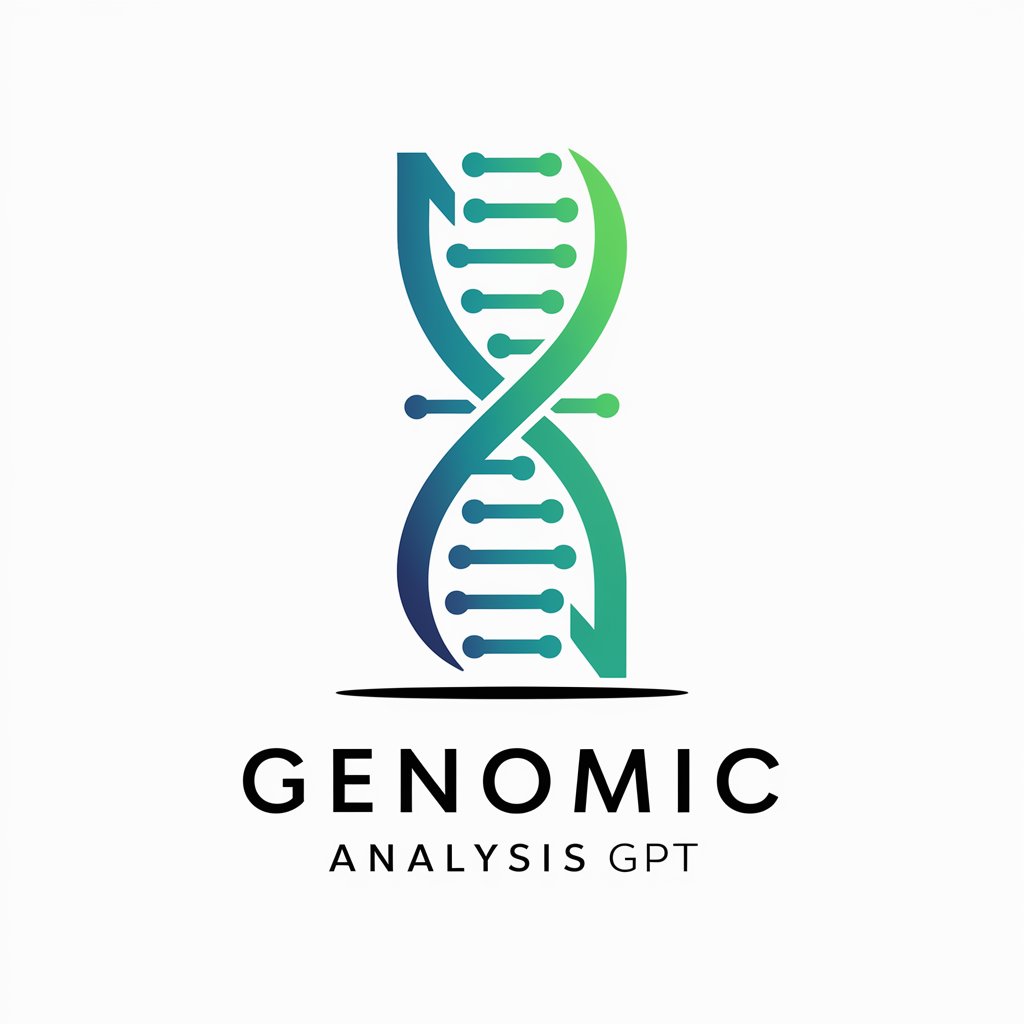
Welcome to Genomic Analysis GPT, your expert in genetic data insights and research.
Deciphering genetics with AI precision.
Explain the process of genomic sequencing and its applications.
How can genomic data be used to identify genetic disorders?
What are the latest advancements in molecular biology relevant to genomic analysis?
Describe the ethical considerations in genomic research and data privacy.
Get Embed Code
Introduction to Genomic Analysis GPT
Genomic Analysis GPT is designed as a specialized AI tool with a core focus on analyzing genomic data and facilitating research in genetic disorders and the discovery of treatments. It operates by providing technical, in-depth insights into genetics, molecular biology, and genomic analysis. This AI tool is adept at clarifying complex genomic data, making it a valuable asset in biomedical research and genetic counseling services. For example, it can interpret genomic sequencing results to identify mutations associated with specific diseases, or it can assist in the design of gene therapy strategies by providing insights into gene function and interaction patterns. Genomic Analysis GPT integrates seamlessly with genomic databases and research tools, offering customized responses based on the user's research focus and adapting to varying levels of complexity in genomic data. Powered by ChatGPT-4o。

Main Functions of Genomic Analysis GPT
Interpretation of Genomic Sequencing Data
Example
Identifying and interpreting genetic variations, such as single nucleotide polymorphisms (SNPs) and insertions/deletions (indels), in the context of disease risk or treatment response.
Scenario
A researcher sequences the genome of patients with a rare genetic disorder and uses Genomic Analysis GPT to identify novel mutations that may be driving the disease, facilitating the development of targeted therapies.
Assistance in Genetic Disorder Research
Example
Providing insights into gene-disease associations and potential mechanisms through which genetic variations contribute to disease pathogenesis.
Scenario
Genetic counselors use Genomic Analysis GPT to interpret the genetic testing results of individuals at risk for hereditary diseases, helping to inform their clinical decision-making and patient counseling.
Support in Gene Therapy Design
Example
Analyzing gene expression patterns and predicting the effects of gene editing techniques on gene function.
Scenario
Biomedical engineers collaborate with Genomic Analysis GPT to design CRISPR-Cas9 gene editing experiments aimed at correcting mutations responsible for genetic disorders, enhancing the efficacy and safety of gene therapies.
Ideal Users of Genomic Analysis GPT Services
Biomedical Researchers
Researchers focused on understanding genetic diseases, identifying therapeutic targets, and exploring gene-environment interactions would find Genomic Analysis GPT invaluable for analyzing genomic data, generating hypotheses, and interpreting experimental results.
Genetic Counselors
Professionals who provide information and support to individuals or families about genetic risks, genetic testing, and genetic disorders. They can utilize Genomic Analysis GPT to interpret complex genetic information, making it easier to communicate findings to non-specialists and to assist in the decision-making process.
Biotech and Pharma R&D Teams
Teams engaged in the discovery and development of novel therapeutics, especially in personalized medicine. Genomic Analysis GPT can support these efforts by providing insights into drug-gene interactions, predicting responses to therapies based on genetic makeup, and aiding in the design of clinical trials.

Guidelines for Using Genomic Analysis GPT
Start with YesChat
Visit yeschat.ai to access Genomic Analysis GPT for a free trial without the need to login, nor is there a requirement for ChatGPT Plus.
Identify Your Needs
Clarify your research question or the genetic data analysis you need assistance with, whether it's related to genetic disorder research, genomic sequencing interpretation, or identifying genetic variations.
Prepare Your Data
Ensure your genomic data is ready for analysis. This could include DNA sequencing files, genetic mutation lists, or any relevant biological information that needs interpretation.
Engage with GPT
Interact with Genomic Analysis GPT by asking specific, detailed questions related to your genomic data or research questions. The more detailed your query, the more precise the analysis.
Utilize Feedback
Provide feedback on the responses received. Continuous interaction helps refine the analysis and enhances the accuracy of future genomic interpretations and predictions.
Try other advanced and practical GPTs
Genomic Data Analysis and Interpretator
Unravel Genetics with AI Power
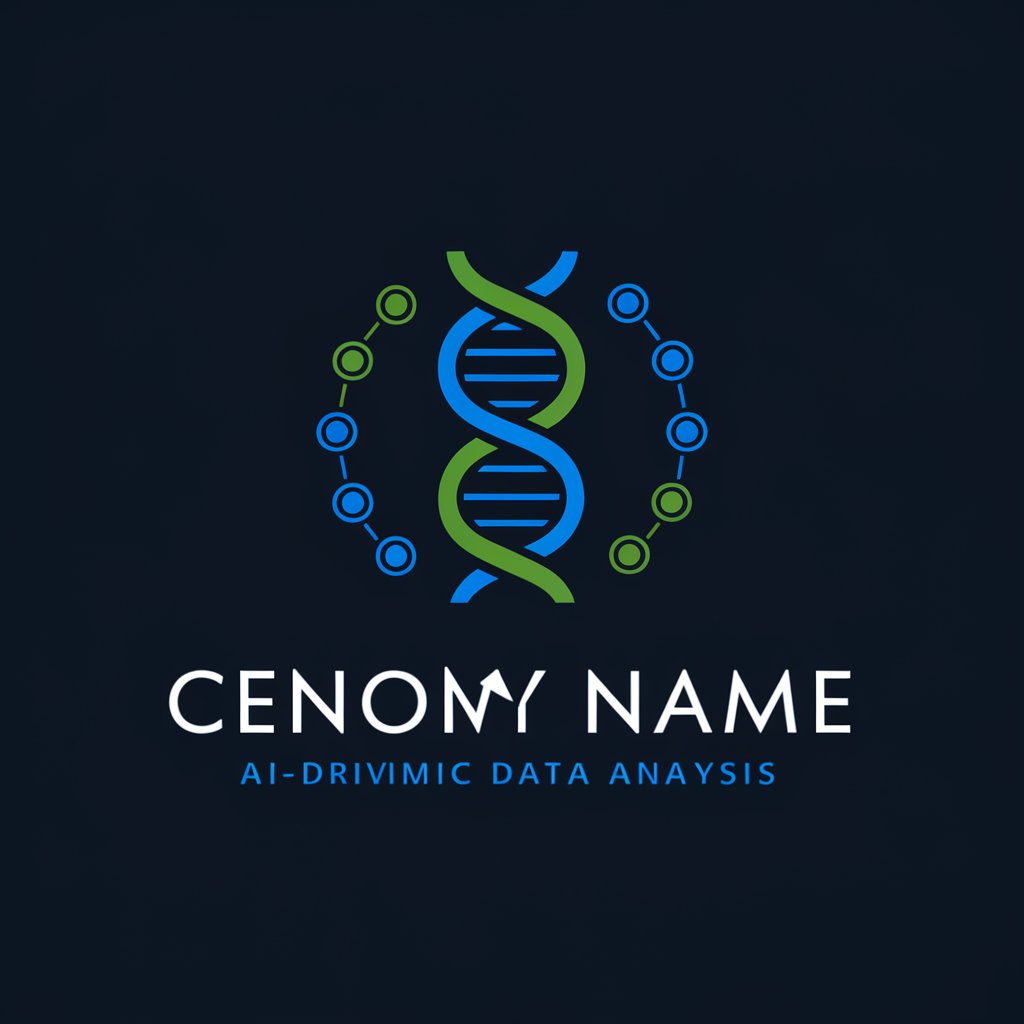
ConvoAI by YOENSO
Enhance English with AI Conversations
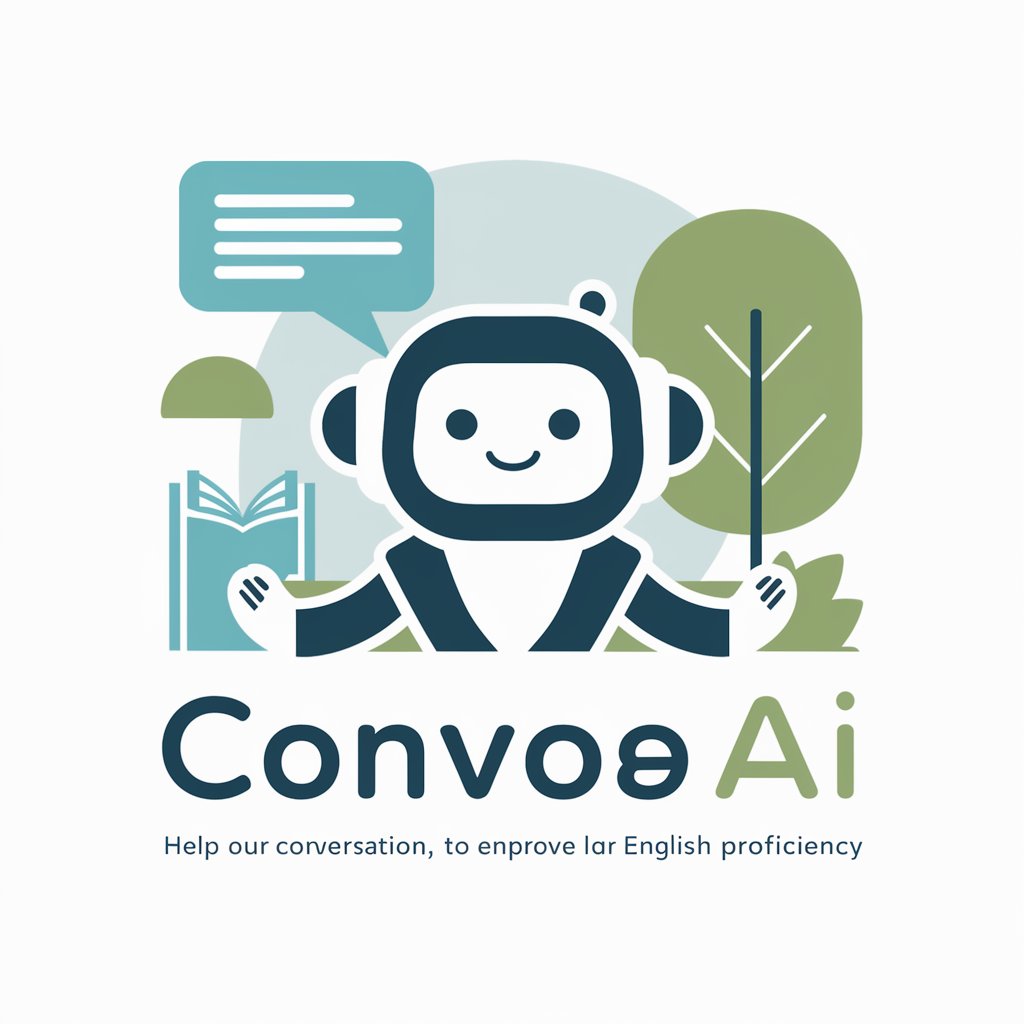
IELTS Speaking Examiner - User Initiated Questions
AI-Powered IELTS Speaking Mastery

Email Assistant Pro
Empowering Communication with AI

ELK Configurator
Optimize ELK stack with AI-powered guidance

SunoBeats
Crafting Your Music, Powered by AI

Policy Genomics Advisor
Empowering Policy Decisions with AI
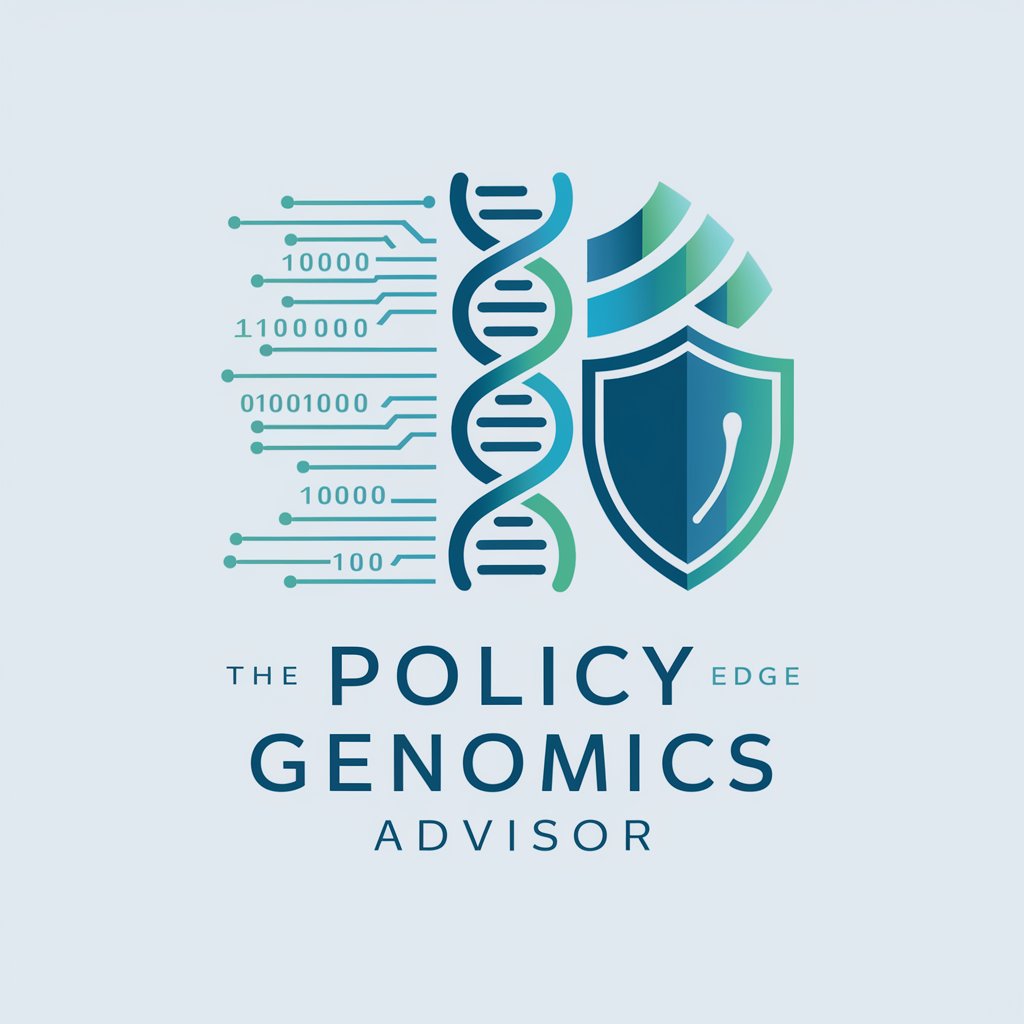
Genomic Variant Interpretator
Deciphering Genetics with AI Power
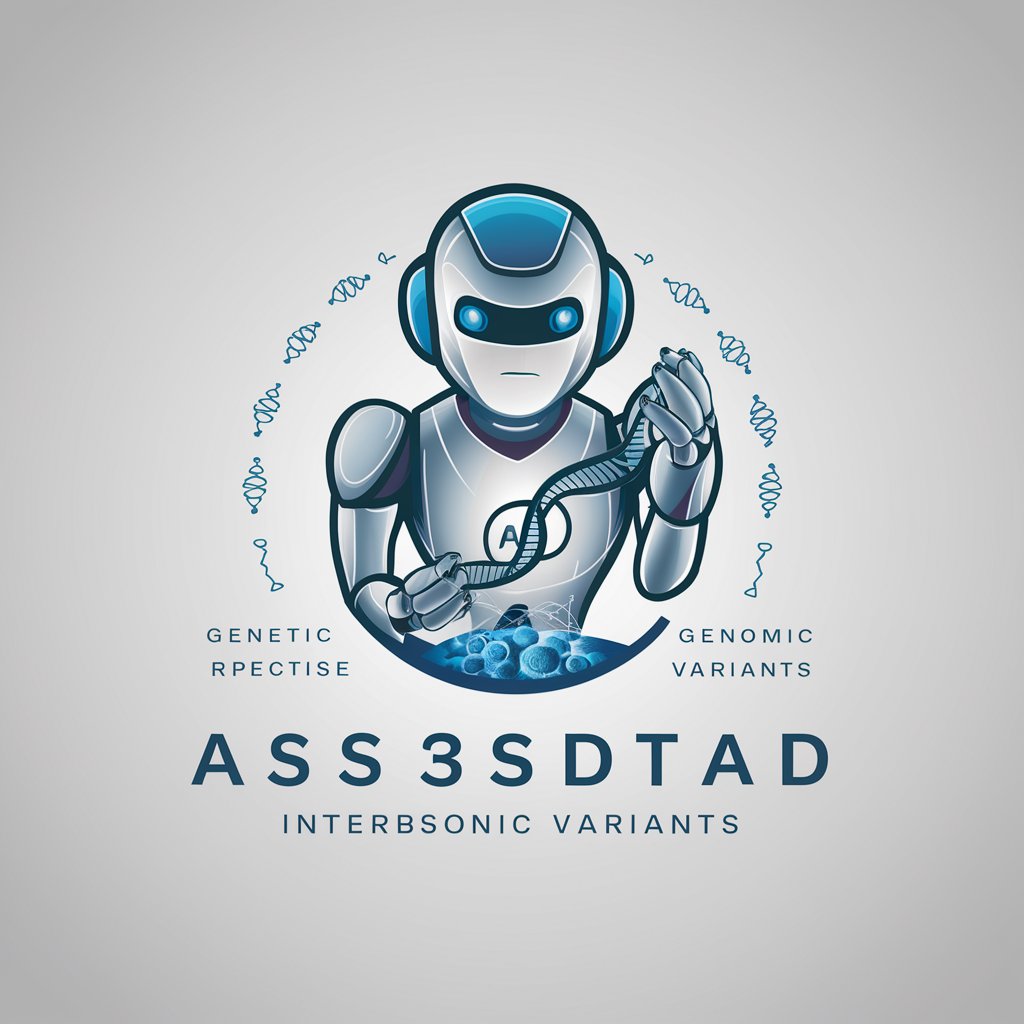
Genomics Expert in Chinese
AI-powered genomics analysis tool

Advanced Bioinformatics and Genomics Tutor
AI-powered genomics and bioinformatics exploration.
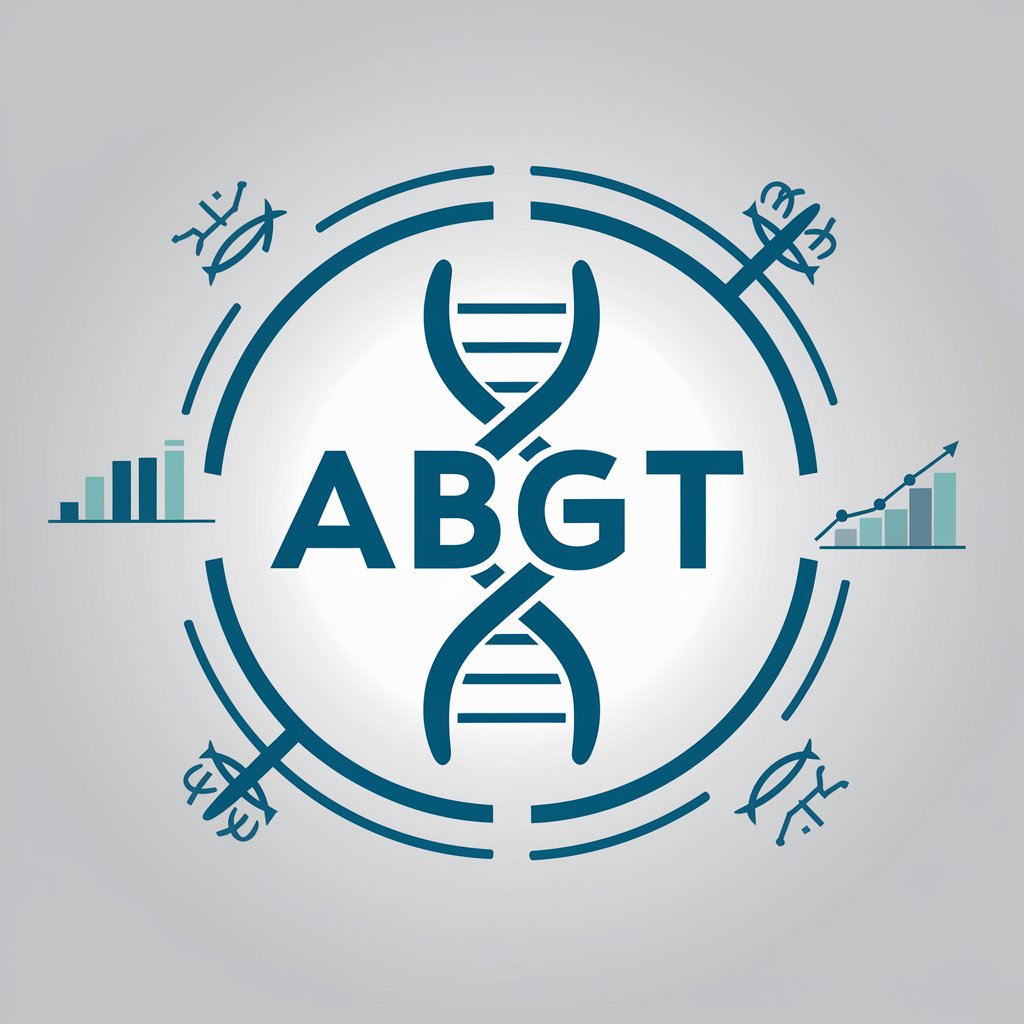
3D Pencil Artist
Unlock your 3D drawing potential with AI

HELO | Investing 101
Empowering your investment journey with AI.

Frequently Asked Questions about Genomic Analysis GPT
What kind of genetic data can Genomic Analysis GPT analyze?
Genomic Analysis GPT can interpret a wide range of genetic data, including but not limited to whole genome sequences, exome sequences, SNP arrays, and gene expression profiles. It can identify mutations, predict gene function, and assess genetic variants' potential impact on diseases.
Can Genomic Analysis GPT help in identifying genetic disorders?
Yes, it can assist researchers and clinicians by providing insights into genetic data that may be linked to specific disorders. By analyzing mutations and genetic variants, it can highlight potential genetic predispositions to diseases, though it doesn't provide medical diagnoses.
How does Genomic Analysis GPT stay updated with the latest research?
It continuously integrates the latest genomic research and findings into its database, ensuring its analysis reflects current scientific understanding. User feedback and queries also guide targeted updates and improvements.
Is Genomic Analysis GPT suitable for academic research?
Absolutely. It's designed to support academic research by providing detailed analysis and interpretations that can aid in hypothesis generation, data interpretation, and the identification of novel genetic insights.
Can non-experts use Genomic Analysis GPT effectively?
Yes, while Genomic Analysis GPT is a sophisticated tool designed for in-depth genomic analysis, non-experts can use it for basic inquiries and to gain insights into genetic concepts and data interpretation with clear, understandable explanations.
